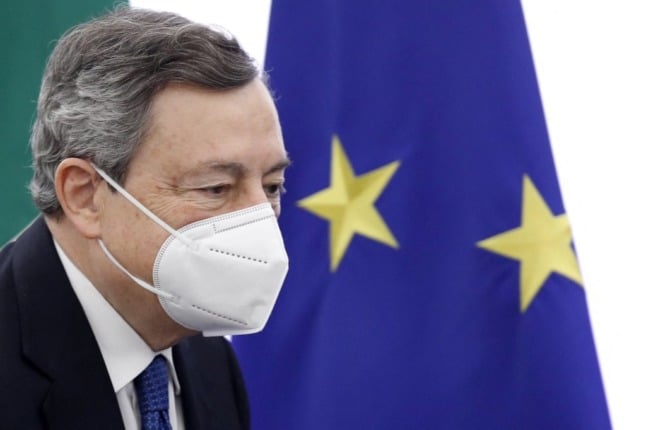Philip Rösler, also head of the country’s junior coalition partner party the Free Democrats (FDP), made it clear that Germany would not be letting Greece off any more of its debts.
He argued that the financial situation in Greece was considerably better than it was a year ago, and so said he saw “no necessity in further haircuts to debt, as such a step would shake the newly won trust in the Eurozone and remove pressure to reform from other countries in crisis.”
Rösler added that the country’s new government had made noticeable advances in structural reforms to the jobs market.
Privatising parts of the public sector had, he said, helped and had been unavoidable.
Yet economic experts disagreed with Rösler and maintained that there would in fact be further debt cuts in store for Greece. German would likely see itself slashing the money Greece owes by billions of euros, they said.
DPA/The Local/jcw



 Please whitelist us to continue reading.
Please whitelist us to continue reading.
Member comments